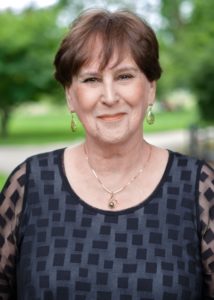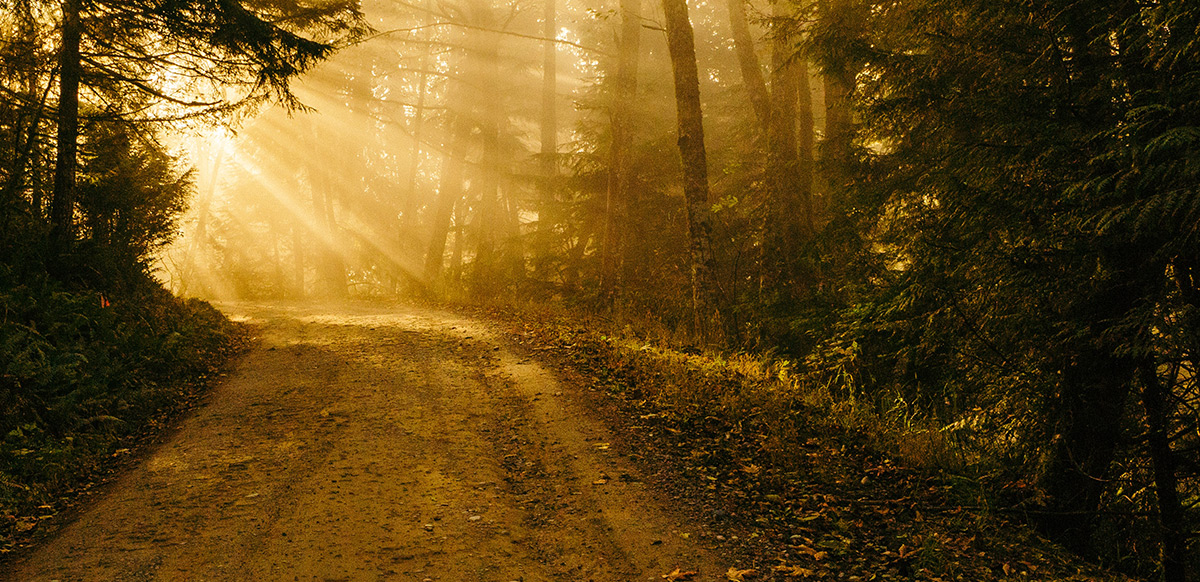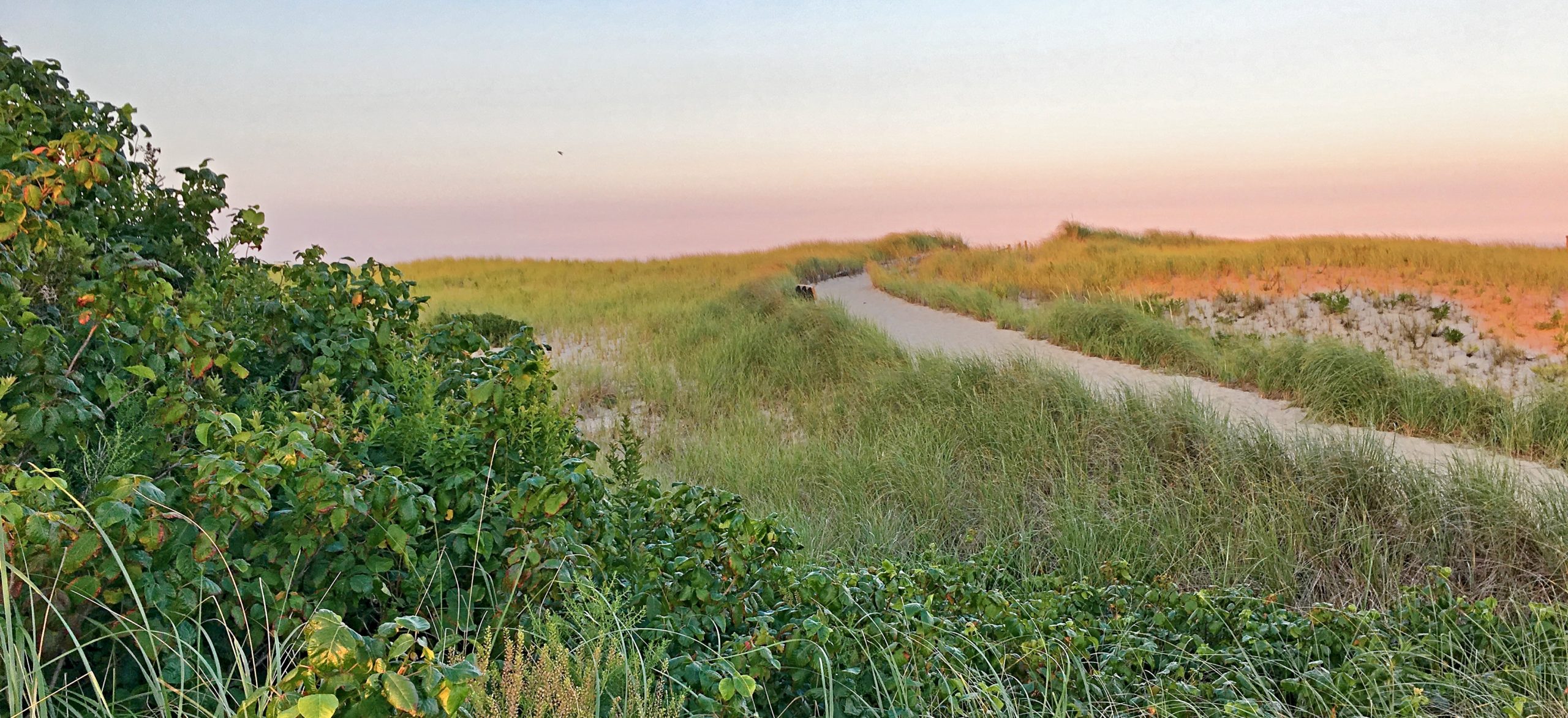In the final scene of the musical Hamilton, Eliza Hamilton reflects on her life and that of her husband, Alexander. In a beautiful tribute, she sings, “Who Lives? Who Dies? Who Tells Your Story?” I am always moved by that song. It drives home the importance of stories as acknowledgment, inspiration, and guides for living.
I believe that listening to the stories of those who have gone before us helps us grow and gain wisdom. Sharing our stories empowers others and provides hope.
In the weeks and months after my stepson Channing ended his life, dozens of people shared their stories with me. Their words pierced through the isolation and reassured me. Knowing others had survived similar losses gave me hope. Now – so many years later – I’d like to share my story with you. It is a story that reflects archetypal themes of human loss and renewal, as old as womankind.
Of course, there was a before and after …

Back in 1995, weeks before my stepson, Channing, ended his life, I knew where my life was going. I had just accepted a job as director of quality assurance for a child welfare agency. I was set to transform a dysfunctional organization and had no doubt I could do it. I could articulate my vision and produce results, and I had a whole bunch of transformational tools in my pocket.
Following Chan’s death, all bets were off. I was catapulted onto a journey I didn’t expect. The path was filled with debilitating grief, symptoms of PTSD, and fractured relationships.
In the weeks after Chan died, my emotions were unpredictable – just as they are for most new survivors. Anxiety, guilt, and despair were constant companions. I couldn’t focus at work. My 10-year marriage began to falter, and five months later, it failed. Although I was a clinical mental health counselor, nothing in my traditional training provided a context for what I was experiencing. When I began to feel suicidal myself, I did not know how common it was for survivors of suicide loss to feel suicidal in the aftermath. Taking “one day at a time” was too much for me. At one point, with the help of family and friends, I lived two hours at a time.
In the initial months and years following my loss, there were many dark days. Looking back now, I can see that healing was taking place, even though I lacked consciousness of that at the time.
About five years passed before I began to feel an interest—or a calling to contribute. I believe that most people experience something similar at some point in their healing journey. It can show up as a very subtle growing interest or a yearning to participate with the world in some way that makes a meaningful difference.
I experienced a yearning to work with those who had experienced traumatic loss and in particular, survivors of suicide loss. Back then, there was little online support for suicide loss survivors. There were a few websites – mostly filled with statements like “You never get over it. You just learn to live with it. You’ve joined the club no one wants to join.”
I understood why people made those statements – especially after losing a child or close family member – but I wanted to add something more hopeful. In 2008, I launched the Alliance of Hope to offer other survivors information, friendship, and hope. I wrote about the possibility of being forever altered, of growing wiser and stronger on the journey through grief, and the possibility of even eventually making a meaningful difference as a result of one’s loss.
Looking back now, it’s remarkable that anyone ever found the first website I built. Initially, allianceofhope.org was number 10,000 in a Google search! Yet survivors found us. They came, first in a trickle and then in a steady stream. Today, our forum hosts more than 25,000 loss survivors, and we have expanded to serve survivors in numerous other ways.
Having told you a bit of my story, I want to return for a moment to what I said earlier. My story – my journey – is most valuable when seen from the perspective of the archetypical human story of loss and renewal. I believe the themes, rather than the content of my story, are what is important. I suggest to you that those themes are at play now, both in the specific suicide loss you have experienced and whenever we experience sudden and traumatic upheavals.
In my story …
A tragic, unexpected event occurred. Life as I knew it altered. I was catapulted into unknown territory and a challenging path. In the early days, it was all I could do to put one foot in front of another. It was a very dark time for me. I was unable to feel touched or moved or inspired by anything in life. At one point, I even wondered if my soul had died.
In my story, as in most everyone’s story, eventually, I began to emerge from the darkness. I found myself not just in a “new normal,” as we often say, but also stronger and wiser about life. And like tens of thousands of other people who have traveled this journey, I wanted to use what I had gone through to help others.
I encourage you …
If you are in a very dark place right now, reach out for hope by connecting with others who have been there too and who have survived – people who understand the journey you are on. Check out the Alliance of Hope forum if you need support. Our community is kind, welcoming, and compassionate.
With time, griefwork, and a community of support, the initial devastating pain usually does diminish, allowing for more and more moments of peace and even joy. You will never stop loving, missing, or being influenced by your loved one and by their life and their death – yet you will also grow stronger and wiser and, quite possibly, begin to feel a call to make a meaningful difference out of the loss you experienced.
Eventually, you might want to do something in the realm of suicide prevention or postvention, but you don’t have to. And while you may feel called to do something in honor of or in memory of your loved one, it doesn’t have to be that either. Each of us is an expression of the eternal. We each bring some special contribution to the buffet of life.
There is no need to rush any of this or to worry about whether a calling will come. It usually does. Post-traumatic growth, as they call it these days, is one natural outcome of the journey.
As you continue to heal and make a difference in ways that are important to you, please know that you are not alone on the journey. I hold you and all who are grieving in my heart.




